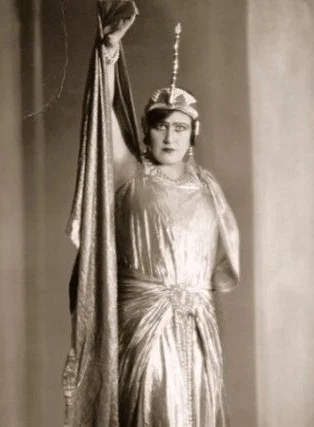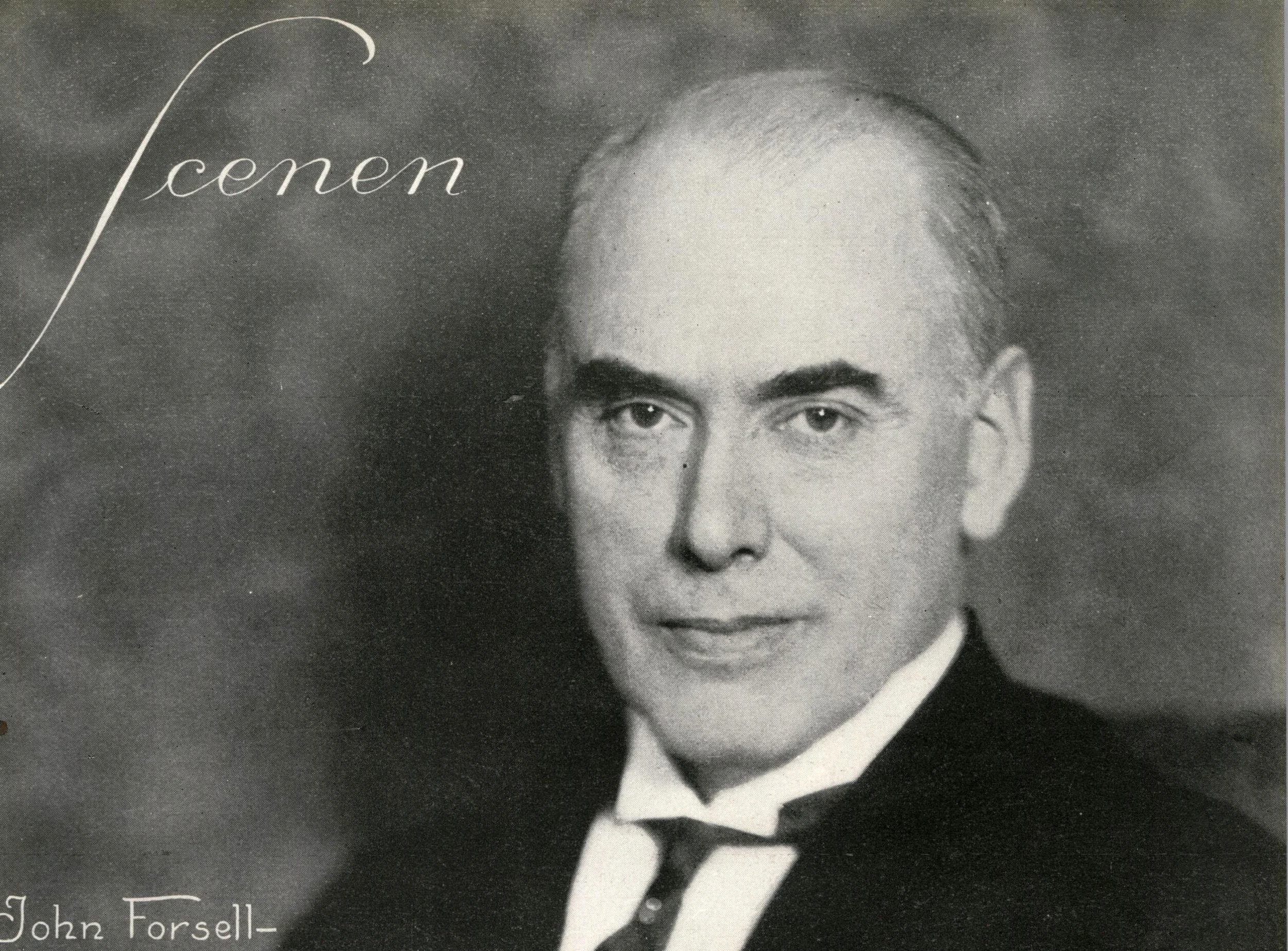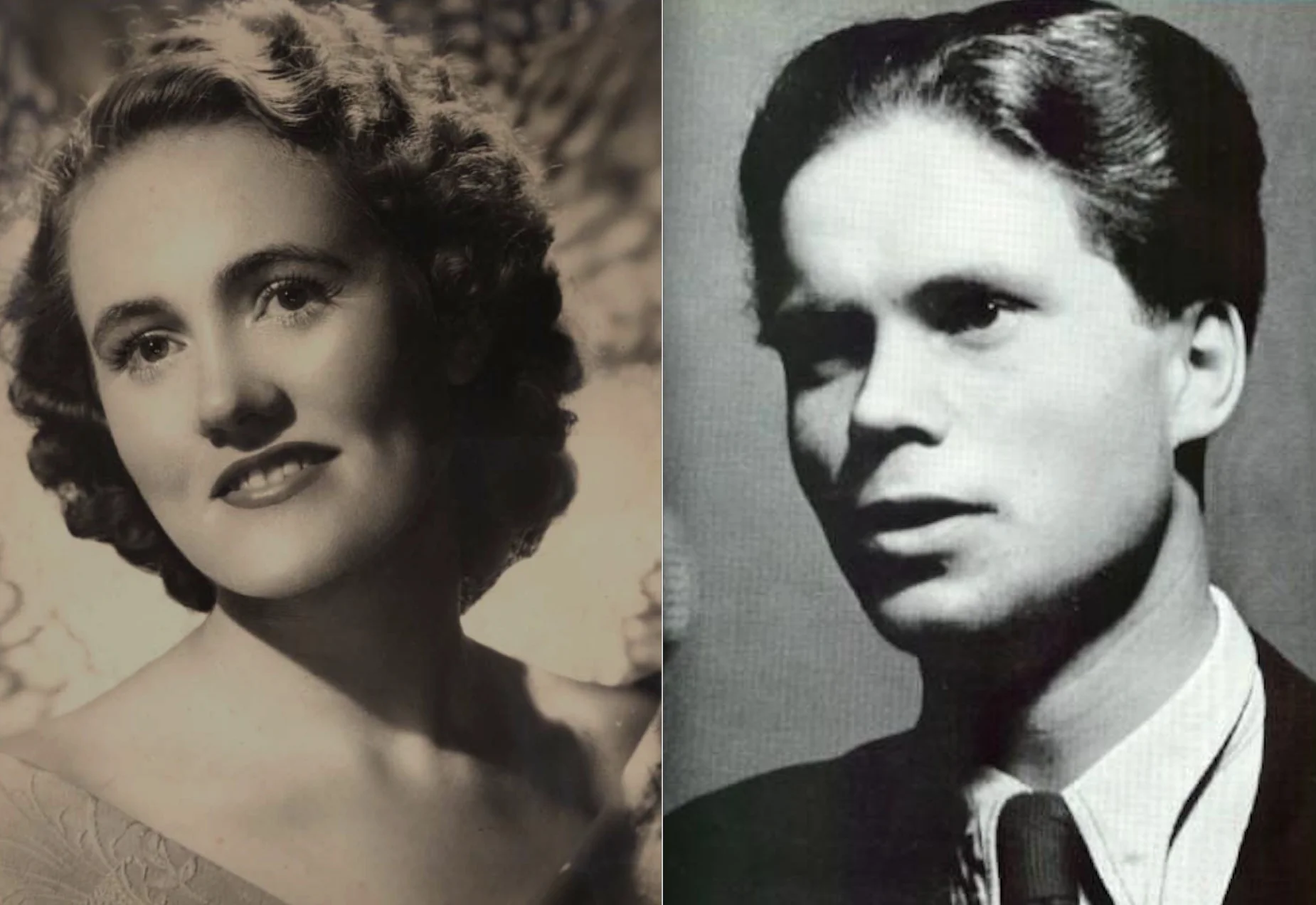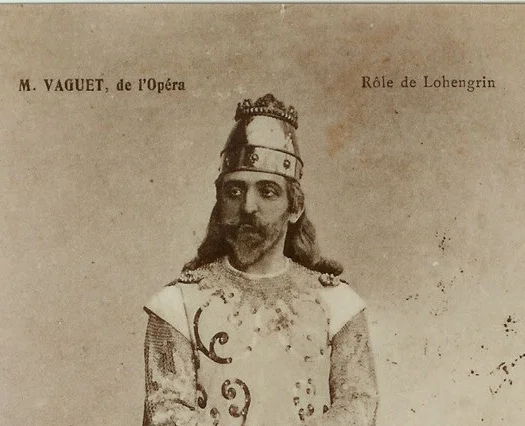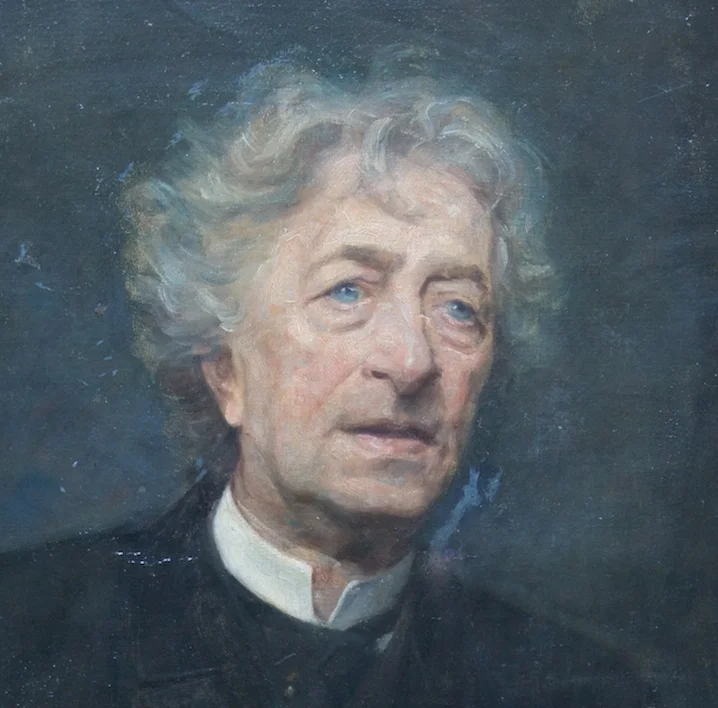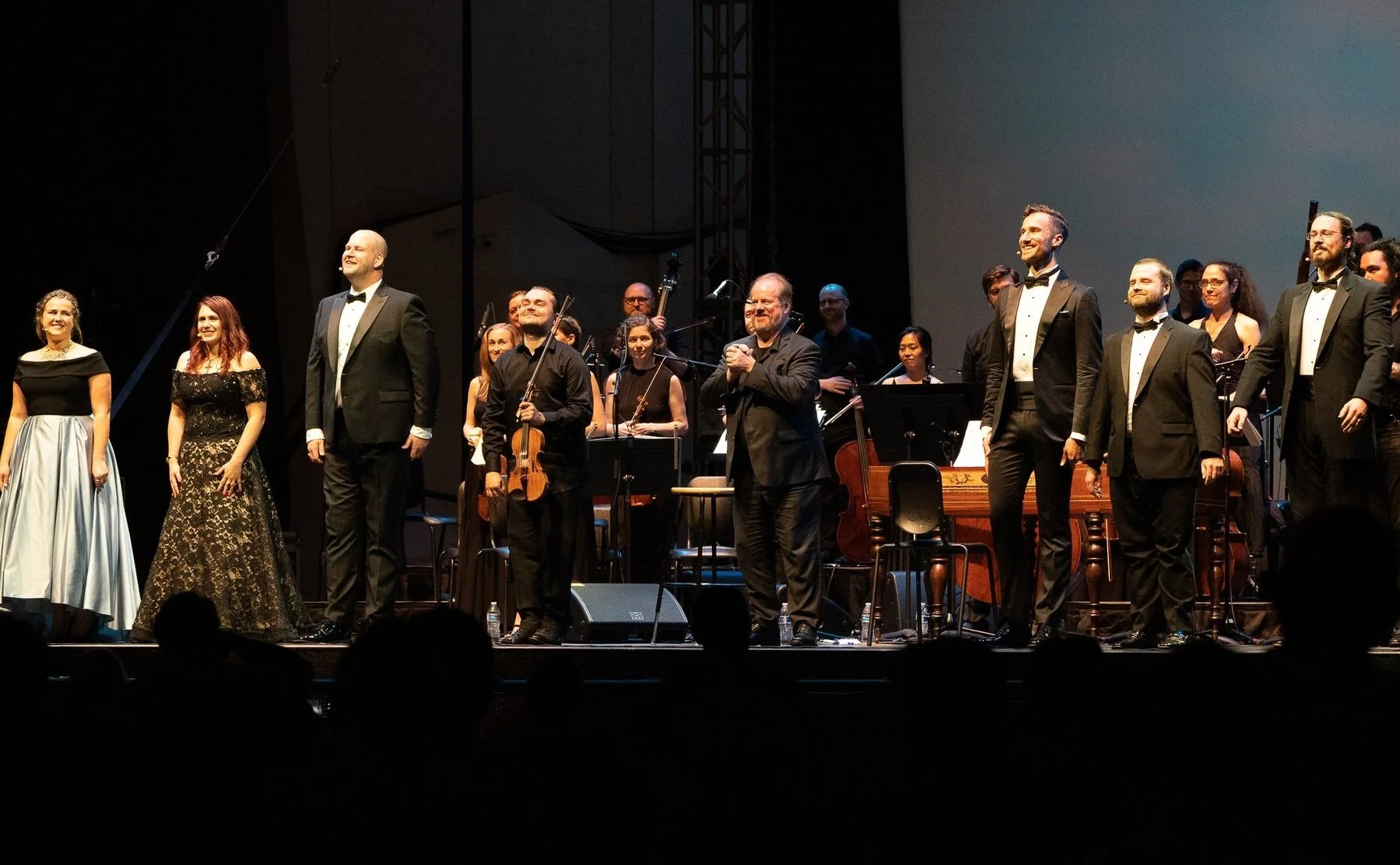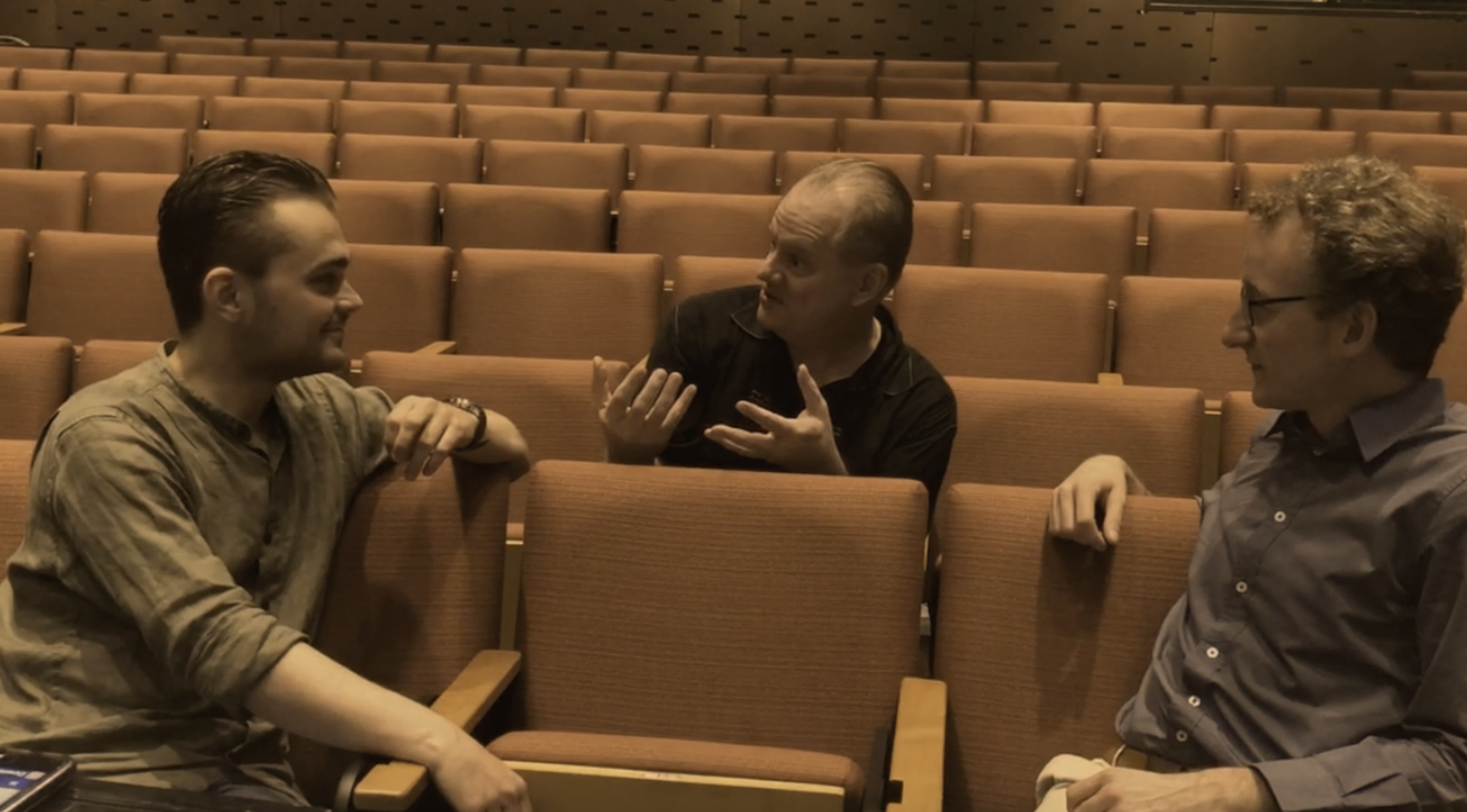The barcarolle from L’étoile du nord
Rosalia Chalia, undated publicity photograph
Rosalia Chalia (1863-1948) sang with the Met, but not much - just two roles, Santuzza in 1899 and Aida in 1902. She never appeared in the great houses of Europe. Most of her stage life was spent on the lively American touring circuit - season after season across the United States and in Caracas, Mexico City, San Juan, and Havana, the city of her birth.
For some reason (and we should be thankful) Chalia agreed to do something no comparably important soprano was doing at the time: she went into the recording studios and sang songs and arias by the dozens, first for Bettini in 1899, then for Victor and Zon-o-phone in 1900 and 1901. These are the most primitive of primitive recordings; only later did Calvé, Melba, Sembrich, Eames, Tetrazzini and the other divas of the day venture to immortalize their voices.
It seems Chalia couldn’t compete with those ladies at the Met - but wow, she could sing! A fantastic CD of Chalia’s recordings is available from marstonrecords.com. The aria from L’étoile du nord (or La stella del nord, as it is called on the label) is not something we would expect today from a Santuzza or an Aida: crystal clear runs, arpeggios, and chromatics at a virtuoso pace; effortless register shifts; echo effects with astonishing accuracy of intonation and attack. This was before the days of splicing or editing - you had to get it all right in one take, however many tries that took. It took Chalia exactly two tries to nail this one.
Teatro Nuovo puts great emphasis on learning from the singers who had never heard, or heard of, microphone singing - primitive recordings from more than a century ago, forming a link to the traditions of opera’s heyday and the infinite potential of the natural, unassisted human voice. Check this space regularly for samples, and click here for some pointers on how to listen.
UPDATE: The first “take” of this spectacular record has been found, and it turns out that it wasn’t Chalia who needed another try - her execution was just as perfect as on the known version. But the pianist (mercifully uncredited) clearly had no idea what to expect. Recording was an impromptu affair in its early days! Here is the start of their first attempt. It won’t make much sense unless you first refresh your memory of the originally posted record above. Kudos to Mme. Chalia for keeping her wits in the one below:





![Image 2 - Henry T. [Harry] Burleigh - Detroit Public Library.jpeg](https://images.squarespace-cdn.com/content/v1/596bb4e703596e837b624445/1591713684327-N7HW488JSZ7EN8T5AJSR/Image+2+-+Henry+T.+%5BHarry%5D+Burleigh+-+Detroit+Public+Library.jpeg)







